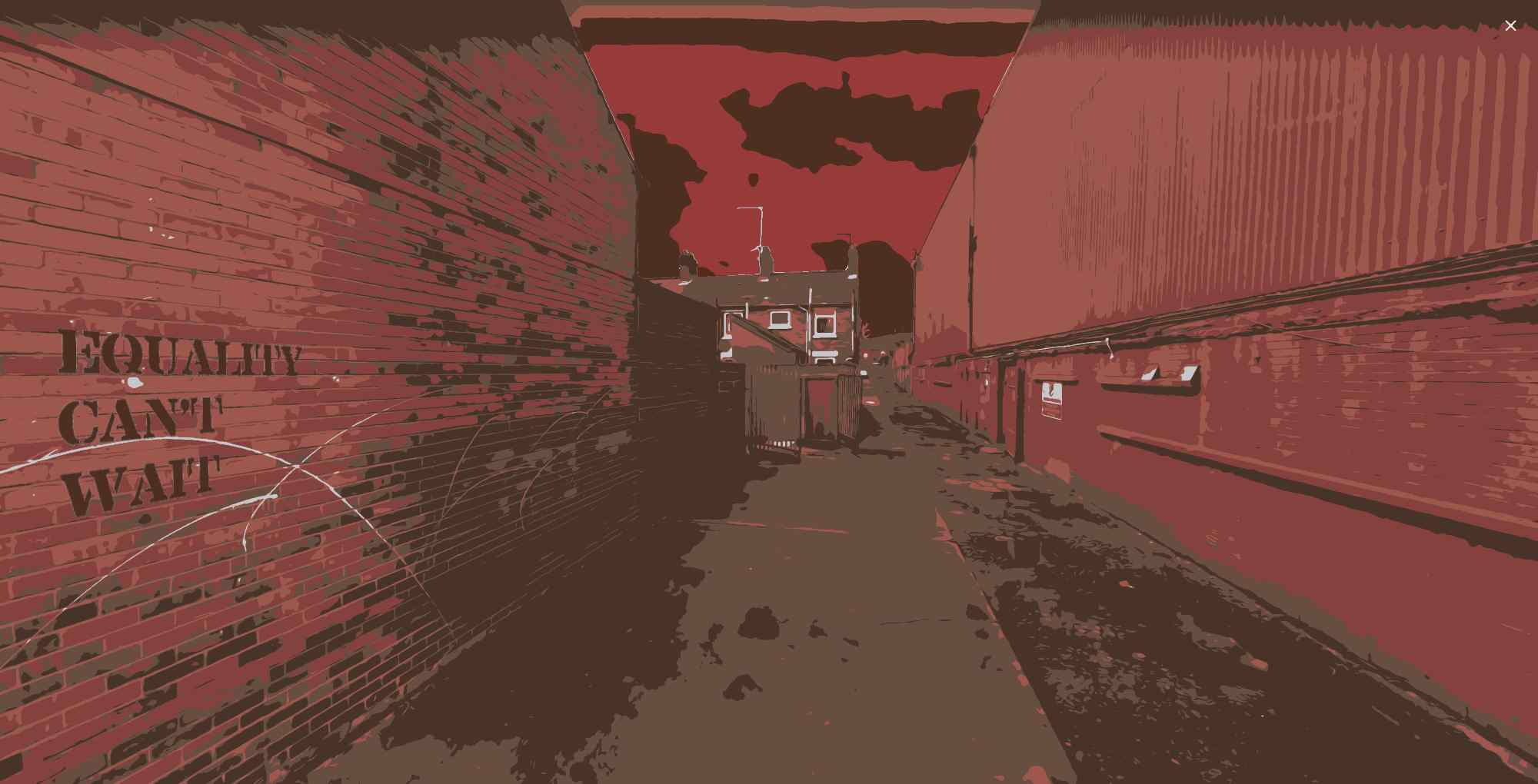
Policy Watch
An eye on policy changes in Ireland, the UK and beyond
Cuts to Discretionary Support
Rather than cutting the Discretionary Support Scheme, we need to declassify it as a public fund to provide a safety net to those asylum seekers who have no recourse to public funds
In response to the Department for Communities’ Consultation on Changes to the Discretionary Support Scheme (Draft EQIA), PPR strongly urged that crisis support for the poorest people in society who find themselves in extreme, exceptional or crisis situation must not be cut during an ongoing cost of living crisis.
The Department’s chosen option is to restrict the awards to basic needs, and extending the exclusion period in which an item can be re-awarded to a period of 24 months, except in the event of a disaster or a ‘setting up’ home situation.’ However, it is unclear what is considered a basic need. Also, there is not much evidence that people ask for the same item within a short period of time, or why this item cannot be repaired.
We ask for adequate funds to be provided for people in crisis.
One of the questions of the consultation was if there are data, needs or issues in relation to any of the Section 75 equality categories that have not been identified.
Looking at the Section 75 groups, Ethnic Minorities, including migrants, asylum seekers and refugees, appear to be glaringly absent, since almost all of those who were awarded a grant and responded to a questionnaire (96.3%) declared they were of white origin. Almost all of those who were awarded a grant and responded to the questionnaire (93%) declared their national identity as either Irish (39%), British (29%) or Northern Irish (25%).
Asylum seekers are subjected to the UK Home Office’s ‘hostile environment’ policies. Most asylum applications are initially rejected; at this point, after a short delay people’s legal status and right to asylum seeker support is removed, and they are subject to the ‘No Recourse to Public Funds’ (NRPF) designation. This shift produces destitution. It means that, having been evicted from their asylum accommodation, they cannot even access publicly funded homeless shelters.
Discretionary Support has the potential to offer a lifeline to people with NRPF designation. Its declassification as a public fund would make this possible, allowing people to access support, upholding their dignity, their rights to an adequate standard of living and their right to food. It would also prevent the need for expensive crisis intervention by providing society’s most vulnerable people with a safety net.
It would be a progressive step forward in an otherwise hostile and discriminatory policy context. In order to make this support as effective as possible, the application process and conditions should be flexible, accessible and developed with the participation of people with no recourse to public funds designation.